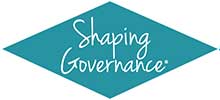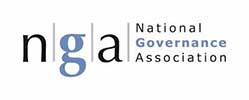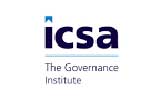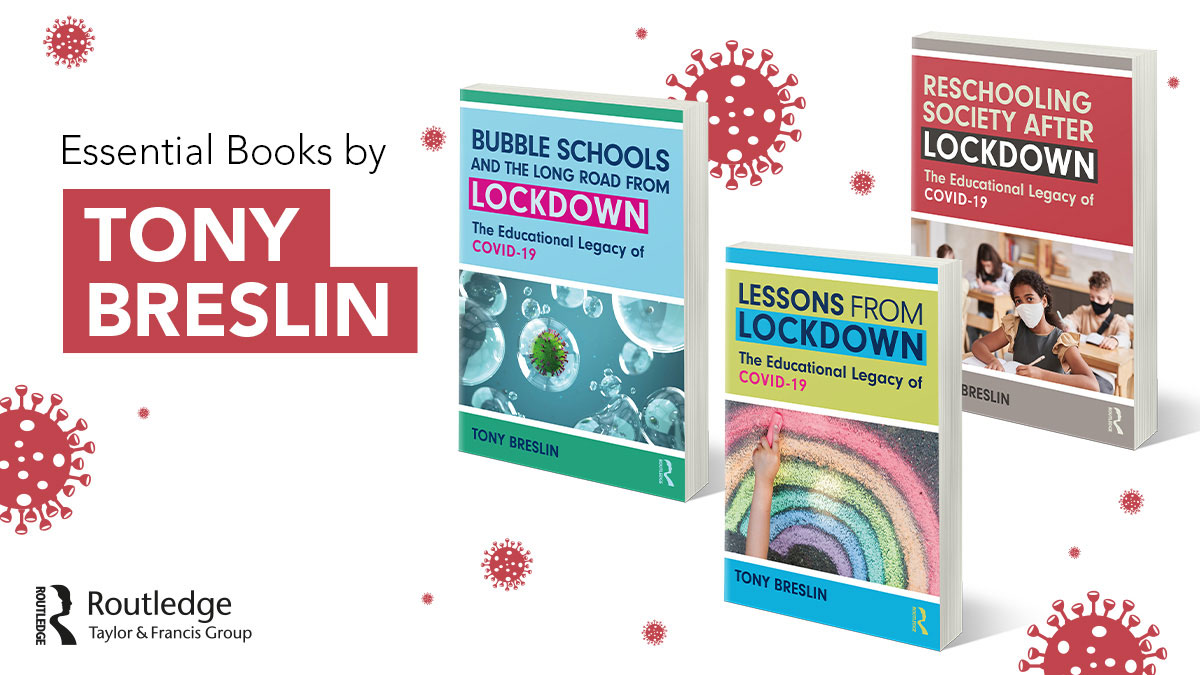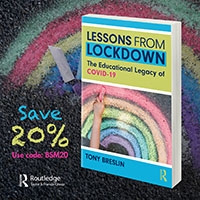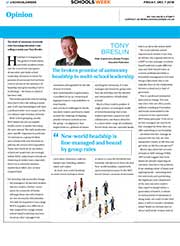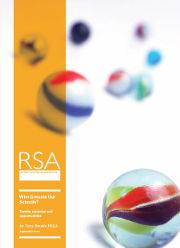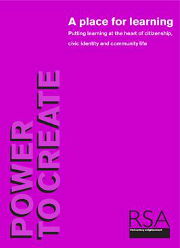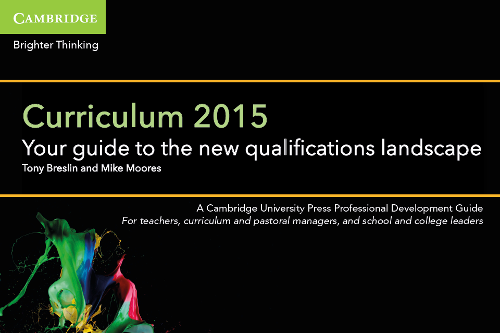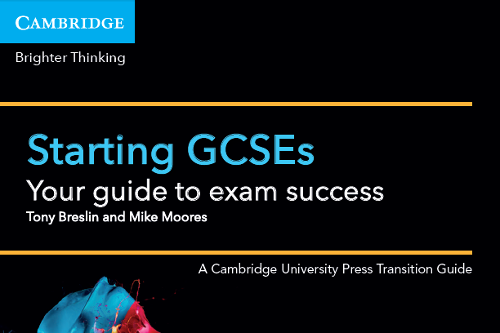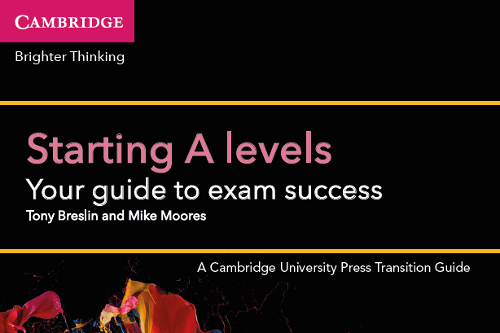












The UK Is home to 165,000 charities of all shapes and sizes
Financial Times, December 4, 2015

"Agencies across the governance landscape need to work together to establish a cross-sector working group or commission on governance."
Recommendation 29
Who Governs Our Schools? (RSA, 2017)
Transform Governance is a joint venture between Breslin Social Impact and Permuto Consulting
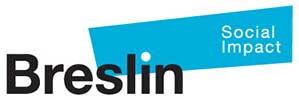

Need consultancy support? We have access to a range of specialists across sectors, across functions, and across the UK and beyond. Contact us to explore possibilities.
Top of the class: educational priorities for a progressive government
Announcing the launch of a new series of election year blog posts from Transform Education, Breslin Public Policy and our partner organisations.
This Spring, under the title Top of The Class, we’re launching a new series of election year blog posts, setting out a range of educational priorities for a progressive government and suggesting how, in terms of policy and practice, these might be addressed.
The series of blogs on this site, initiated by Transform Education and Breslin Public Policy Director, Tony Breslin, will aim to address education across the phases: from pre-school to university, across apprenticeship and professional development programmes, and in the spheres of adult and community education, further education and lifelong learning. They will appear here and also on our Breslin Public Policy website.
We’re also sharing the Top of the Class concept with other organisations, including the Fabian Society Education Policy Group, encouraging others to set out their own “educational priorities for a progressive government”. We will republish a selection of those posts here and we may also invite guest bloggers to set out priorities close to their heart on this site.
In short, we’re seeking to both spark and host a debate about the future of education, especially in a context framed by the recent experience of lockdown, an enduring cost of living crisis, the potential offered by emergent technologies and pedagogies, including AI, and the possibilities offered for such debate in what is likely to be an election year.
The intention is to open up a discussion, rather than to establish a ‘party-line’, so expect these posts to be eclectic in their range. What unites them is a progressive ethos and a shared concern about the nature of teaching and learning as we approach the middle decades of the twenty-first century. What kind of change do we want and need to see in our schools, colleges and universities, in childcare and adult education settings, in pupil referral units, alternative provision and special education, and in training and development programmes, and how can professionals, learners and other stakeholders, such as parents and employers, in these settings own these changes and help to shape them?
To this end, please give us your feedback on the pieces that are posted and contact us if you’d like to join the debate by offering a post yourself. In particular, we’re keen to capture the voices of professionals, practitioners and service users – those so often ignored in policy debates.
And if you are based in an organisation that is interested in launching its own Top of the Class strand, do get in touch. We’ll be happy to support you in doing so by making suggestions about format and pitch and by publicising your efforts through every channel that is open to us.
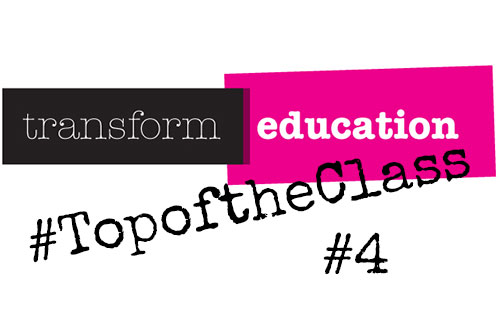
Place learning at the heart of the prison experience
In his latest Top of the Class blog, Tony Breslin turns his attention to prison education, or rather – in too many settings - the lack of it. Noting the prevalence of low levels of literacy and numeracy across the prison population, he calls for a statutory entitlement to education and/or training for all but those serving the shortest sentences and for a pilot project to model how this might work.
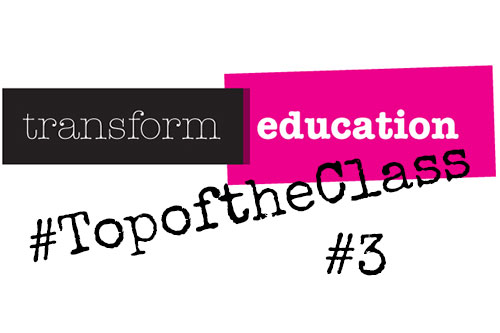
Recast vocational and technical learning as professional education
In his third Top of the Class blog, Tony Breslin calls for a complete rethink about the purpose and focus of so-called vocational and technical education and suggests that it is recast as ‘professional’ learning, a suite of qualifications and curricula that all young people can aspire to, rather than one that some fall onto as a result of academic failure.
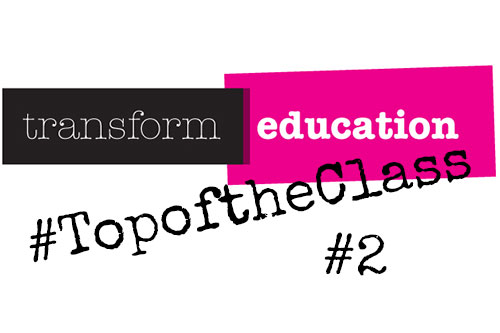
Smooth the transition from secondary to further education
In his second blog for the Top of the Class series, Tony Breslin calls for a smoother transition from pre-16 to post-16 learning and greater collaboration between schools, colleges and training providers, such that young people and their families are much better prepared to make informed choices about how their studies progress beyond GCSE.
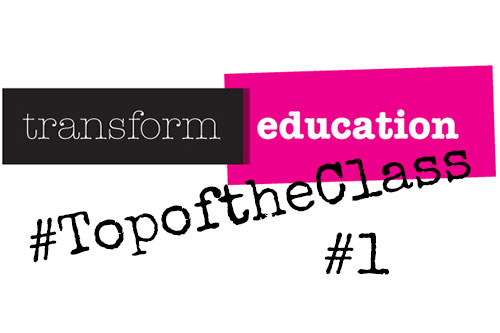
Rebalance the relationship between inclusion and attainment
In this opening Top of the Class blog, Tony Breslin argues for a rebalancing of education policy and practice, away from a narrow focus on score and grade driven ‘attainment-first’ practice, which increasingly serves only the ‘already successful’, to an ‘inclusion-first’ focus which recognises the importance of meeting the needs of all learners.
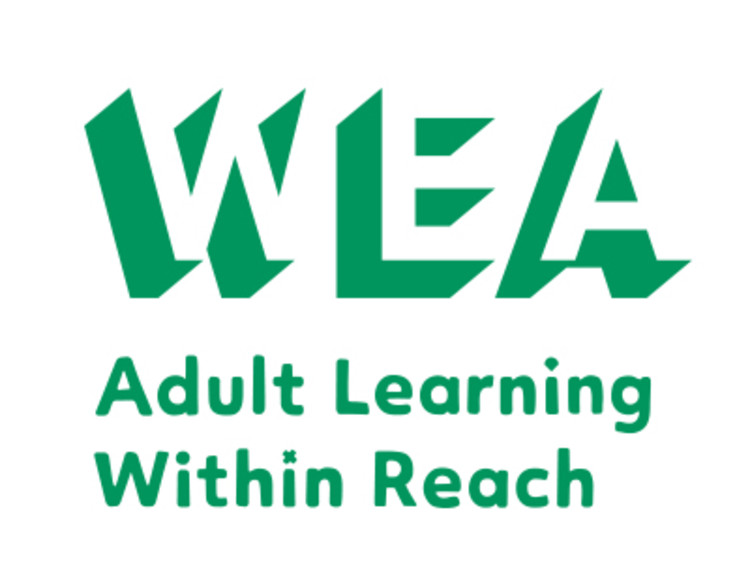
Why building the capacity for lifelong learning can’t wait until school’s over!
In this latest in his series of Lockdown Blogs, Tony Breslin outlines how a culture of lifelong learning needs to be developed during the school years, and how such a responsibility, post-virus, could be transformative, both for schools and for relationships between professionals in the compulsory and post-compulsory phases.

Catch-up, recovery and the ‘water-cooler moments of childhood’
In this blog for Young Citizens, Tony Breslin argues that, in the rush to address curriculum catch-up, we forget to address the social and developmental losses of lockdown or, as he puts it. the 'water-cooler' moments of childhood: how does a six year old catch-up on a year of missed playdates, or how does a fourteen year old replace twelve months of corridor jostling and school yard banter?
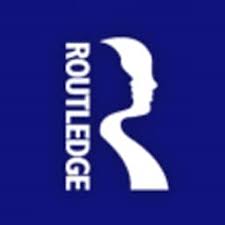
In this blog, originally commissioned by publisher Routledge, Tony Breslin, the author of new book, Lessons From Lockdown: the educational legacy of COVID-19, considers the emergent challenges that COVID-19 presents for curricular catch-up and psychological recovery, and what these mean for schooling. The post includes a set of suggested action items for school leaders and their staff to consider and, more broadly, issues an invitation to all educational professionals to use the experience of lockdown to reflect on how we ‘do’ schooling.
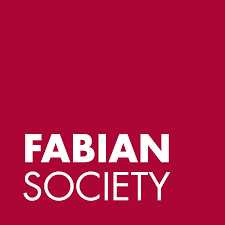
In this post, first published by the Fabian Education Policy Group, Fabian Society member and 'Lessons from Lockdown' author Tony Breslin assesses the impact of the pandemic and the need for a fresh approach – not just to educational policy but to how such policy is made.
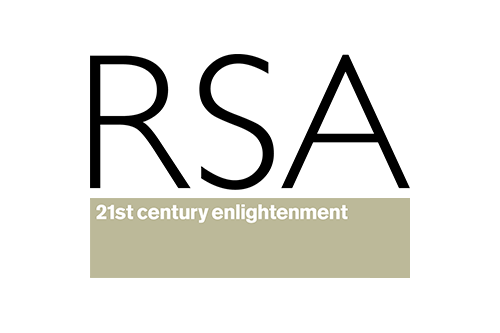
Catch-up, recovery and the future of schooling
With schools 'closed' and the majority of children and young people learning online from home, in this blog, first published by the RSA, Tony Breslin argues that many of the challenges facing the UK’s education systems have been highlighted and exacerbated by Covid-19 but precede the pandemic. The challenge now is to build coalitions that learn from lockdown.

Lessons from Lockdown: key challenges in supporting the needs of able learners
In this blog, first posted on the NACE (National Association for Able Children in Education) webite, Tony Breslin outlines three of the key headlines emerging from his new book, 'Lessons from Lockdown: the Educational Legacy of COVID-19', and explores the implications for able children and those working with them.

Schools as the creators of lifelong, life wide learners
I recently participated, as a panelist, in a webinar convened by the Workers' Educational Association as part of the Festival of Learning. This post sets out the twelve observations that I offered on the task facing schools if we are to create a nation of lifelong and life wide learners.

Capturing the lessons of lockdown
In this second post originally written for the Freedom To Teach site from Collins Educational, I draw on a core theme in my book, Lessons From Lockdown: the educational legacy of COVID-19, to argue that high quality educational research, including a major longitudinal study - or a suite of such studies - has to be part of the response of educationalists and researchers to the pandemic, especially if we are to capture the rich detail and the differently nuanced ways in which the pandemic has been experienced by pupils, parents and professionals.
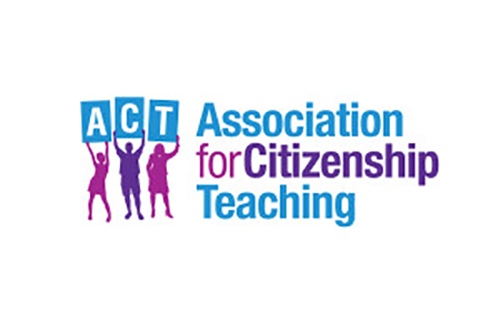
Classrooms, boardrooms and staffrooms
For nine years, between 2001 and 2010, I had the privilege to lead the Citizenship Foundation, one of the pre-eminent voices in the movement to establish Citizenship Education in the National Curriculum in English schools. The Foundation was one of several founding partners who together established the Association for Citizenship Teaching (ACT), the membership body for those who continue to deliver this key, but too often ignored, curriculum entitlement. In this article in the ACT journal, Teaching Citizenship, I explore the key role that Citizenship educators, and others across the wider social curriculum, need to play if we are to effectively renew our schooling system in light of the pandemic: Classrooms, Boardrooms and Staffrooms: post pandemic landscapes for citizenship education and citizenship educators

In this new blog, first published by Collins Educational on their excellent Freedom To Teach site, I draw on some of the thinking in my new book, Lessons From Lockdown: the educational legacy of COVID-19, published in January 2021. In particular, I call call for a rebalancing of our schooling system, such that building inclusion and widening participation are core objectives, not after thoughts to be 'left til later' in the relentless dash for grades.

In this Transform Education launch blog, Tony Breslin explores the vexed question of 're-opening' schools as lockdown is eased, against a backdrop in which "you can't switch on and switch off fear like a tap", be that the fear of parents, pupils or teachers. At the time of posting, policymakers are still seeking a partial opening of schools from June 1st. By the time you read this, the reality may have changed!

Time for educational researchers to take their place in the sun?
In his fourth Caronavirus blog, originally published by the British Educational Research Association, BERA member and independent researcher Tony Breslin argues that we must use educational research to capture and curate the lessons of lockdown, if we are to build the educational system that we will need, post-COVID-19.

Lessons from Lockdown: education beyond Covid-19
In this extended essay, originally commissioned by the RSA and published on Medium, Tony Breslin argues that the system-shock delivered by COVID-19 must be seized as a driver of educational change. The essay forms part of a series of events, long reads and podcasts in the 'Building Bridges to the Future' series. Together, they explore how society’s response to the Covid-19 crisis could prefigure a better world.

Governance during lockdown: can we go governance-light without going governance-free?
In the second of his COVID-19 Blogs, Tony Breslin explores the nature of school governance during the lockdown and poses the question "Can we go Governance-light without going Governance-free?" He also speculates on how governance, and schooling itself, might change as a result of the virus, and calls on governors to play their part in these changes.
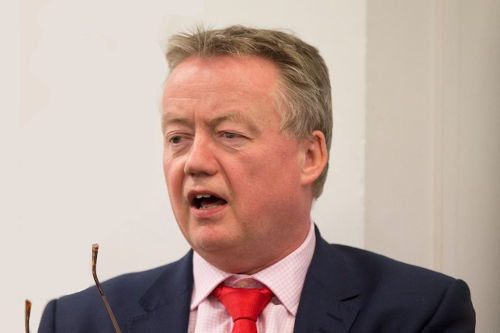
COVID-19: Why our schools will never be the same again
In his first blog on the social impact of COVID-19, Tony Breslin argues that the impact on our schools will be long-term and wide-reaching, and that, terrible as the virus is, it might just force us to rethink the way that we 'do' schooling, and the rationale for a range of approaches to education that we have long taken for granted.
